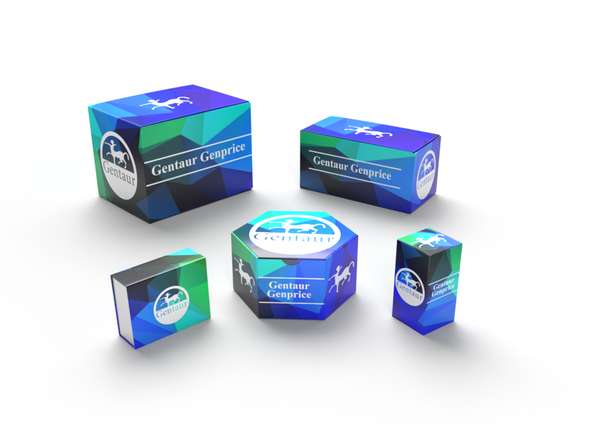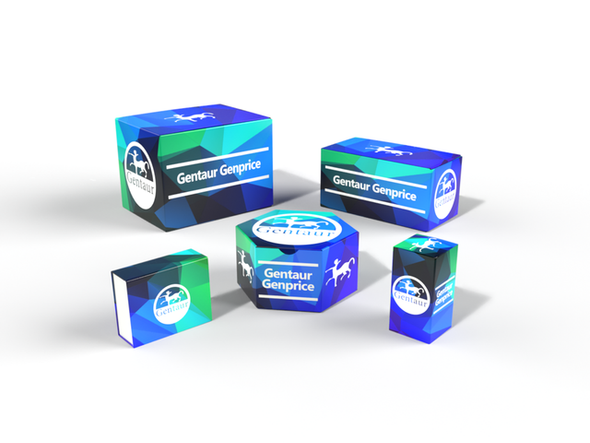740
Rat Protein prune homolog (PRUNE) ELISA Kit | AE25586RA
- SKU:
- 740-AE25586RA
- Availability:
- Usually ships in 5 working days
Description
Rat Protein prune homolog (PRUNE) ELISA Kit | AE25586RA | Gentaur UK, US & Europe Distribution
Species Reactivity: Rat (Rattus norvegicus)
Abbreviation: PRUNE
Alternative Name: DRES-17; DRES17; HTCD37; Drosophila-related expressed sequence 17|prune
Application: ELISA
Range: Request Information
Sensitivity: Request Information
Intra-Assay: ≤6.1%
Inter-Assay: ≤8.4%
Recovery: 1, 07
Sample Type: Serum, Plasma, Other biological fluids
Detection Method: Sandwich
Analysis Method : Quantitive
Test Principale: This assay employs a two-site sandwich ELISA to quantitate PRUNE in samples. An antibody specific for PRUNE has been pre-coated onto a microplate. Standards and samples are pipetted into the wells and anyPRUNE present is bound by the immobilized antibody. After removing any unbound substances, a biotin-conjugated antibody specific for PRUNE is added to the wells. After washing, Streptavidin conjugated Horseradish Peroxidase (HRP) is added to the wells. Following a wash to remove any unbound avidin-enzyme reagent, a substrate solution is added to the wells and color develops in proportion to the amount of PRUNE bound in the initial step. The color development is stopped and the intensity of the color is measured.
Product Overview: PRUNE, the human homologue of the Drosophila gene, is located in 1q21.3, a region highly amplified in human sarcomas, malignant tumours of mesenchymal origin. Prune protein interacts with the metastasis suppressor nm23-H1, but shows impaired affinity towards the nm23-H1 S120G mutant associated with advanced neuroblastoma. Prune may act as a negative regulator of nm23-H1 activity. PRUNE amplification was generally accompanied by high mRNA and moderate to high protein levels. The sarcoma samples expressed nm23-H1 mostly at low or moderate levels, whereas mRNA and protein levels were moderate to high in breast carcinomas. For the more aggressive sarcoma subtypes, 9/13 patients with PRUNE amplification developed metastases.
Stability: The stability of ELISA kit is determined by the loss rate of activity. The loss rate of this kit is less than 5% within the expiration date under appropriate storage condition. The loss rate was determined by accelerated thermal degradation test. Keep the kit at 37°C for 4 and 7 days, and compare O.D.values of the kit kept at 37°C with that of at recommended temperature. (referring from China Biological Products Standard, which was calculated by the Arrhenius equation. For ELISA kit, 4 days storage at 37°C can be considered as 6 months at 2 - 8°C, which means 7 days at 37°C equaling 12 months at 2 - 8°C) .






